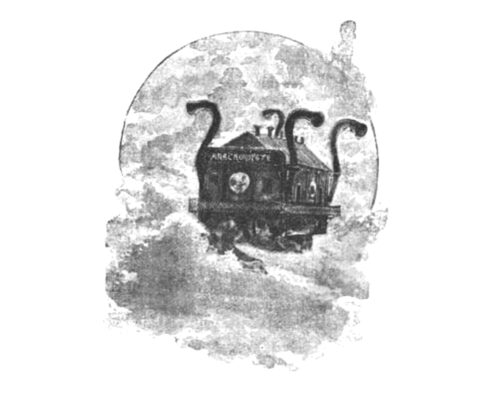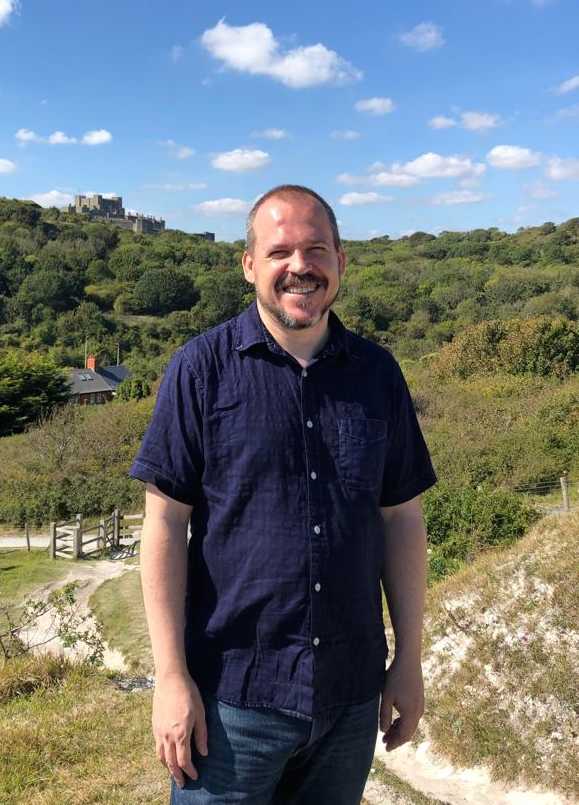Search
To search for an exact match, type the word or phrase you want in quotation marks.
A*DESK has been offering since 2002 contents about criticism and contemporary art. A*DESK has become consolidated thanks to all those who have believed in the project, all those who have followed us, debating, participating and collaborating. Many people have collaborated with A*DESK, and continue to do so. Their efforts, knowledge and belief in the project are what make it grow internationally. At A*DESK we have also generated work for over one hundred professionals in culture, from small collaborations with reviews and classes, to more prolonged and intense collaborations.
At A*DESK we believe in the need for free and universal access to culture and knowledge. We want to carry on being independent, remaining open to more ideas and opinions. If you believe in A*DESK, we need your backing to be able to continue. You can now participate in the project by supporting it. You can choose how much you want to contribute to the project.
You can decide how much you want to bring to the project.

During the presentation of the book Las Disidencias (The Dissidents) by Raisa Maudit and Martí Manen at Storm and Drunk last February in Madrid, I was finally able to meet Ignacio García Sánchez. His drawings, detailed visions of alternative history scenarios linked to ideological questions which echoed social movements that emerged around 15M, such as his love for the craft of the scribes who illuminated medieval codices, had long been haunting me.
I remember how while I was chatting with him I was overtaken by the desire to bring his work together with that of two other artists, Irkus M. Zeberio and Efrén Álvarez, who, in my opinion, moved in the same orbit but who at the same time differed in their conceptual developments and formalizations.
I imagine that it was through the Fatbottom bookstore that specialized in comics in Barcelona that I came across Irkus’s dystopian fanzines, first in the publications of Medalariso and later through a project attached to the bookstore, the Maquina Total editing workshop. I asked Irkus to create the poster for Revolta en el Cómic, an event I organized in 2018 at MACBA, coinciding with the night of the museums, in which I wanted to test the possible synergies that could be established between the most avant-garde scene of self-published comics in Barcelona and those practices in contemporary art that used the language of comics to express themselves, all within a context that insisted on the critical capacity and political agency of both kinds of work. The drawing that Irkus proposed for the poster of the event showed a group of homeless people in a post-apocalyptic setting reading comics, accompanied by a photocopier, admiring a sun rising behind the ruins of the museum.
With Efrén Álvarez I had the great luck of starting the Radical Drawing Group in 2014, a collective training experiment in combative drawing, initially located in the La Canibal bookstore in Barcelona but later housed in different artist studios in the city. Among other things, throughout its short life we subverted the different existing versions of the Declaration of Human Rights, prepared actions against Gallardón’s abortion law, and illustrated small guides on sexual and reproductive health.
A*Desk’s invitation was an ideal opportunity to finally bring together the work of all three artists. I asked each of them to respond to a short interview and to accompany it with unpublished images of their latest work. Throughout this month we have made a special journey in time that has taken us through the Middle Ages, revolutionary Haiti and the current war in the Donbas.
The issue as a whole is titled Dibujo de Máquina de Tiempo Revuelto (Time-Travel Machine Drawings) and refers, on the one hand, to the commitment that all the authors have with drawing and, on the other, to the use they make of history, situating their field of operations in concrete moments of the past, the present or the future, where revolutionary tensions and armed conflicts manifest themselves.
(*) The image at the start of this text was taken from the first novel in which a time machine was described, El Anacronópete, by Enrique Gaspar y Rimbau.

Francesc Ruiz (Barcelona 1971) departs of the comic as an aesthetic, narrative and intellectual substrate and also as historical and operational material, applied as a container or description of reality. Through creation, alteration, restitution or coupling, among other ways; it generates possible stories that reveal the gears through which individual and social identities, sexual identity or even the identity of the city are built.
His installations have been seen in different national and international art centers and museums: EACC (Castellón), CA2M (Madrid), IVAM (València), MACBA (Barcelona), Gasworks (London), FRAC PACA (Marseille), Weserburg Museum (Bremen) and in biennials such as Venice in 2015, Götteborg in 2017, the Momentum biennial, Moss, Norway in 2019 or the Busan biennial in 2020.the text
"A desk is a dangerous place from which to watch the world" (John Le Carré)